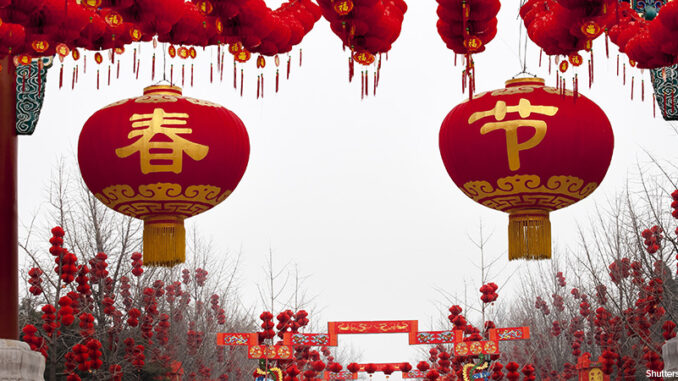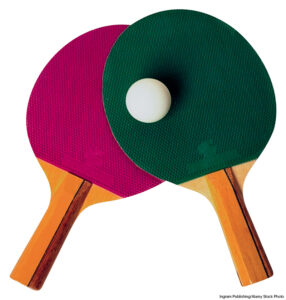
Fifty years ago this month, the American table tennis team started a dialogue between American athletes and Chinese athletes that began a resumption of diplomacy between the two nations. The foundations for what became known as “Ping Pong Diplomacy” had been set years before.
American and Chinese table tennis players first met at a tournament in Japan in April 1971. Even though U.S. and Chinese politicians had not conducted formal diplomacy for over two decades, the friendships started by this encounter in Japan helped renew formal ties between China and the United States.
The Growth of Chinese Table Tennis

The foundations of Ping Pong Diplomacy can be traced back to the founding of the International Table Tennis Foundation by Ivor Montegu in 1926. Montegu, an avid table tennis player, was a wealthy British aristocrat, film maker, Soviet spy, and member of the Communist Party. In 1949, just weeks after the Communists gained control of China’s government, Montegu contacted Mao Zedong, the leader of China to introduce the sport to China. To his surprise Mao loved it. This led to an investment in table tennis all over China. During the 1950s, the popularity of table tennis grew in China. In 1961, China hosted the World Championships of Table Tennis, winning all the gold medals and securing their dominance in the sport.
In the United States, table tennis was a more casual diversion, often played for fun in basements and garages. The team that represented the United States at the 1971 World Championships in Japan was ranked number 24 in the world. The team included Glenn Cowan, who made that first encounter with Chinese team leader Zhuang Zedong. Other members of the U.S. team included a college professor, an immigrant from Guyana, and two high school students.
Renewing Diplomacy
A friendship formed between the U.S. and Chinese teams at the 1971 World Championships. Prior to the meeting, the Nixon administration had been in secret contact with Chinese leader Mao Zedong, but negotiations had slowed. Both sides were eager to reestablish contact. PTable tennis provided anopportunity to soften relations between the two nation. Media coverage of the U.S. team’s visit to China gave President Nixon a new chance to begin normalizing relations with China again. Renewed diplomacy led to lifting trade embargos against China. Nixon then became the first U.S. president to visit China in 1972.
Fifty years later, Ping Pong Diplomacy is seen as an unusual but important step in the normalization of US-China relations. But it is not the only time sports and politics have intersected. Today, as sports have become more lucrative and the international stage more visible, there is a continuing debate over the role that athletes, teams, sports leagues, and associations should play in politics and in international relations.
